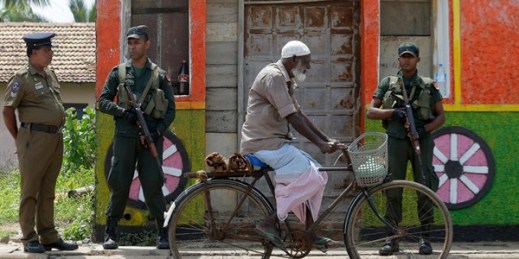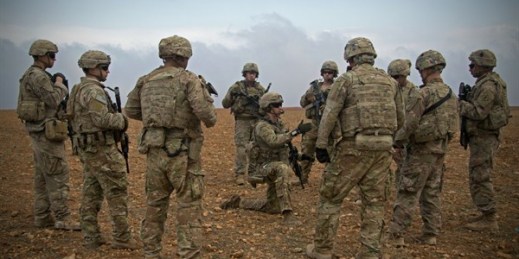
The fallout from the coordinated suicide bombings in Sri Lanka on Easter Sunday, which the Islamic State claimed responsibility for, is likely to reverberate across South Asia. With the threat of more attacks still looming, according to U.S. officials, and the surprising reemergence of Islamic State leader Abu Bakr al-Baghdadi, will the Islamic State seize on South Asia as the new ground zero in what al-Baghdadi, in his video last week, called its “war of attrition”? The answer will depend in large part on whether leaders in the region resist the temptation to overreact and don’t give in to the […]



